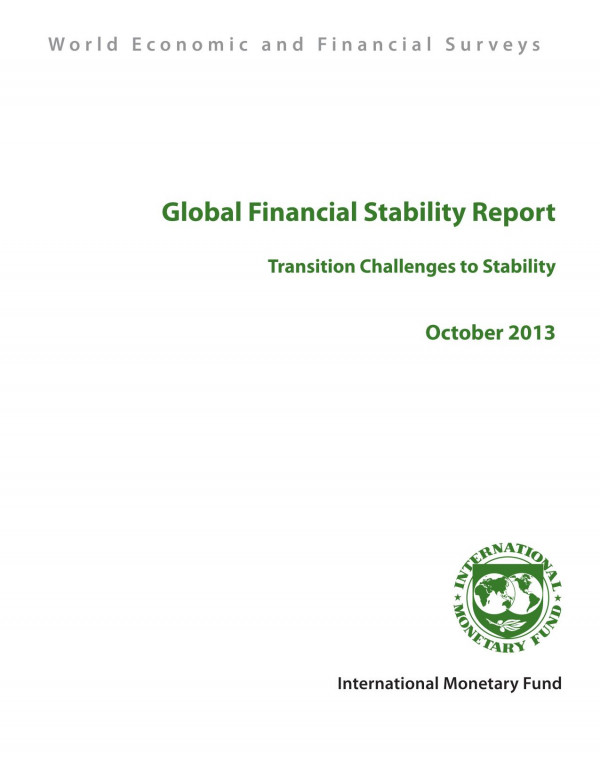

Most ebook files are in PDF format, so you can easily read them using various software such as Foxit Reader or directly on the Google Chrome browser.
Some ebook files are released by publishers in other formats such as .awz, .mobi, .epub, .fb2, etc. You may need to install specific software to read these formats on mobile/PC, such as Calibre.
Please read the tutorial at this link: https://ebookbell.com/faq
We offer FREE conversion to the popular formats you request; however, this may take some time. Therefore, right after payment, please email us, and we will try to provide the service as quickly as possible.
For some exceptional file formats or broken links (if any), please refrain from opening any disputes. Instead, email us first, and we will try to assist within a maximum of 6 hours.
EbookBell Team

4.1
70 reviewsChapter 1 examines the challenges and risks of each of these transitions. Chapter 2 looks at efforts by policymakers to revive weak credit growth, which has been seen by many as a primary reason behind the slow economic recovery. The chapter argues that policies are most effective if they target the constraints that underlie the weakness in credit. But it cautions policymakers to be aware of the fiscal costs and implications for financial stability of credit-supporting policies. Chapter 3 examines how banking funding structures matter for financial stability and the potential impact of various regulatory reforms. It concludes that careful implementation of reform efforts are important to ensure that financial stability benefits are realised.